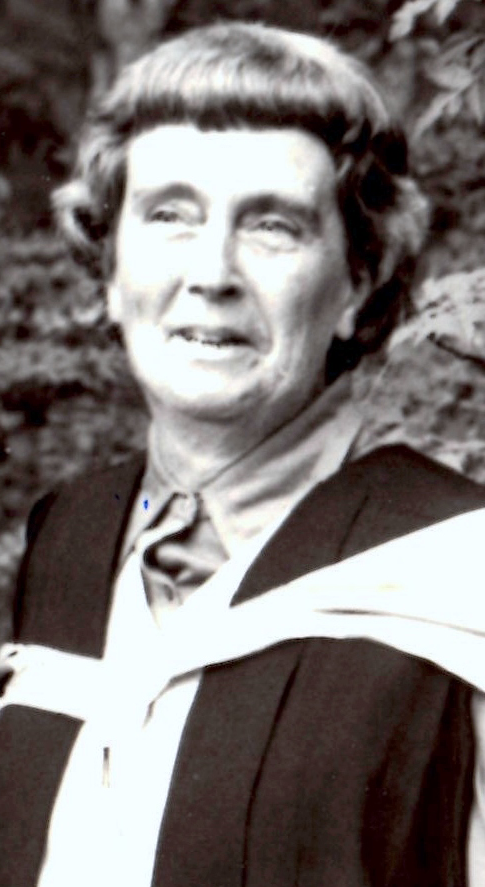Vale Dr Betty Andersen
Dr Betty Andersen was a visionary nurse leader who has left a significant legacy to nursing.

Awarded of a Doctor of Philosophy (Honorius causa) by the University of Newcastle in 1994 she was also acknowledged for her contribution to nursing education as early as 1986 with an Order of Australia.
Dr Andersen influenced the preparation of nurse educators and administrators through her degree program at Prince Henry Hospital and her Graduate Diploma in Teaching at the University of Newcastle in the 1970s. Many of her ideas were shaped by the 'novel situations' she was exposed to as a missionary nurse in Bangladesh.
Countless nurse leaders and scholars today worked alongside her as she translated her ideas from her scholarly achievements to develop a new era in nursing within the university sector. These nurse leaders hold some of the highest positions in the profession today and many have served in numerous leadership positions over the last four decades. She worked with others on one of the first curricula for the new programs for the education of nurses in the 1980s as hospital based programs were transferred to the tertiary sector. Her theoretical models and frameworks informed both education and practice.
The Diploma of Applied Science (Nursing) implemented at both the Hunter and Macarthur Institutes of Higher Education, was one of the only programs to be based on research from Dr Andersen's Masters degree. These were later upgraded to Bachelor programs. Many nurses undertook the 'conversion programs', Diploma and later Bachelor level studies for qualified Registered Nurses. These graduates often progressed to Masters and Doctoral studies and worked within the University sector or in supervision of professional practice components of the programs.
The models of nursing and education developed by Dr Andersen have been used to guide consultancies, research and educational initiatives undertaken by nurses across Australia and the world, in Indonesia, Thailand, South Africa, South Korea, India and The Maldives. Many of these initiatives were AusAID sponsored projects for capacity building in nursing and midwifery. On retirement Dr Andersen worked in Indonesia under the auspices of the World Health Organisation (WHO).
The University of Newcastle acknowledges the traditional custodians of the lands within our footprint areas: Awabakal, Darkinjung, Biripai, Worimi, Wonnarua, and Eora Nations. We also pay respect to the wisdom of our Elders past and present.